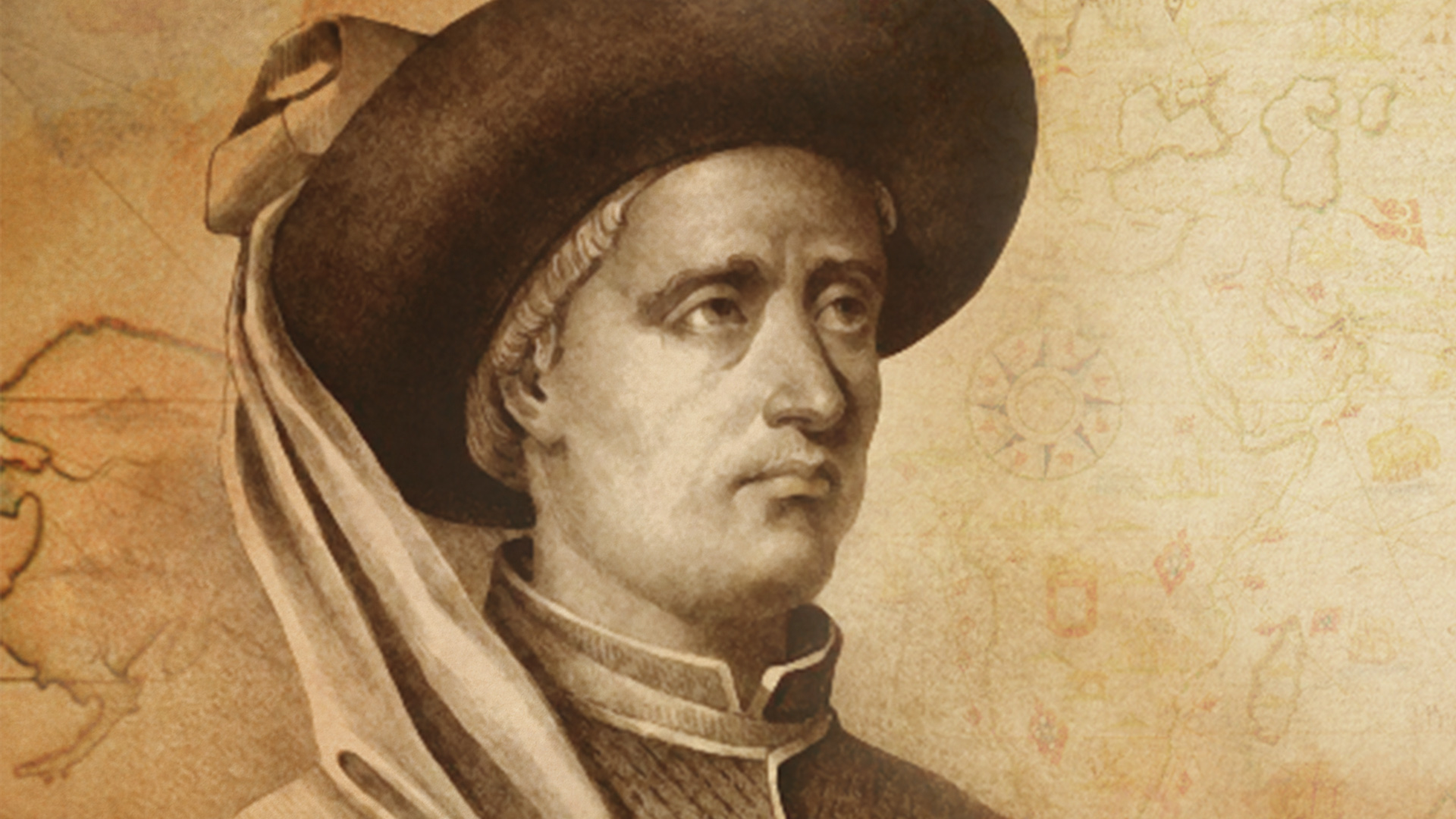Prince Henry the Navigator is the main protagonist of the Portuguese Discoveries and the mentor of the discovery and settlement of the Azores archipelago. A member of the Great Generation, he was the third of the six surviving children of King John I and Filipa de Lencastre, and was born in Porto on 4th March 1394.
Promoter and hero of the conquest of Ceuta in 1415, from that moment on he never stopped seeing the sea as a challenge to be overcome. His personal investment in opening up the Atlantic routes changed the relationship between human beings and the oceans and transformed the history of the world forever. Contrary to the romantic historiography, it was not in Sagres, but in Lagos that the basis for Portugal’s maritime expansion was established, from the 1420s onwards.
A very powerful man, he was Duke of Viseu, Lord of Covilhã, and administrator of the Order of Christ, whose symbol he displayed on the sails of his ships, and retired to Lagos immediately after the conquest of Ceuta. Gathering a group of Portuguese, Majorcan, Genoese, and Venetian scholars and scientists, he launched the maritime expansion, which he led successfully until his death.
Acknowledged in Europe, as attested by the Italian Poggio Bracciolini’s account of the Prince, who equated him with Alexander the Great or Julius Caesar, the main account of his life is owed to Gomes Eanes de Zurara, who portrays him as someone almost supernatural. According to his account, Prince Henry was an industrious and obstinate worker. His obstinacy was evident in his insistence on keeping Ceuta, even though the price to pay was the captivity and death of his brother, Fernando, later known as the “Holy Prince”. In addition to the Azores, he also led the discovery and settlement of the Madeira Islands, and it was on his initiative that sugarcane was introduced.
Taking refuge in a life of solitude and introspection, he died on 13th November 1460, on the headland of Sagres, the place he chose to live out his last years.
